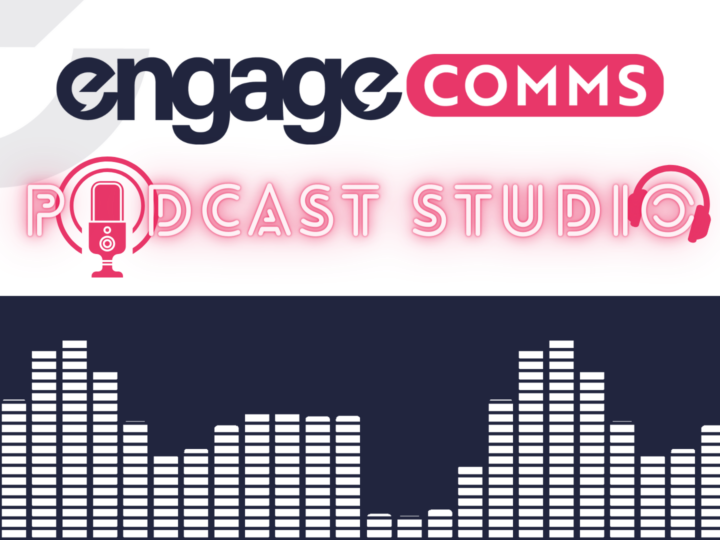I was invited to give a workshop on the ‘art of blogging’ at the first ever social media surgery co-hosted by Leeds and York Partnership NHS Foundation Trust (@LeedsandYorkPFT) and Leeds Mind (@LeedsMind). The event was attended by people working in, volunteering for and using mental health services in the region (including those combining all three).
It was organised in response to demand for a collaborative approach to overcoming barriers to using social media to address some of the taboos and issues around mental health. Naturally, there is a lot of fear and cynicism with social media amongst practitioners who are ingrained in an ethos of ethics and patient confidentiality.
Blogging as a means of breaking down mental health taboos and issues
In many ways, blogging is the perfect medium through which mental health taboos and issues can be discussed. Blogs are online articles that you can in some way interact with – that’s what makes them SOCIAL media. They shouldn’t be about broadcasting information, ideas, views and opinions, but using them to start a conversation with others. This could not only help with feelings of isolation but help bring mental health into the spotlight and increase awareness and understanding.

Potential risks of mental health-related blogging
However, there are clearly many potential risks around blogging and mental health, including
- vulnerable people leaving themselves open to cyber bullying
- confidential information being shared online
- mental health professionals/practice being unfairly vindicated/criticised
- lack of understanding leading to false information/advice, further fuelling the problem
There was a famous case of a blogger called ‘Littlefeet’ who was using her ‘Chaos and Control’ blog to chart her experiences with an eating disorder as part of her own therapy and to help others. During a spell in hospital, nurses took her phone from her and stopped her blogging through fear that she was sharing things about her treatment that they wouldn’t want the outside world to know.
The risk of ignoring social media
There was significant backlash online against the ‘Littlefeet’ case with many criticising the system for holding back progress.
To an extent, the social media surgery event was an experiment and there was a surprisingly good turn-out. The reason for this is because people across the sector recognise that social media can’t be ignored. As part of my research for the session, I found a quote from a US MD that summed up the general feeling:
“The biggest risk in health care social media is not participating in the conversation” (Farris Timimi, Medical Director, Mayo Clinic for Social Media).
The business case for blogging
I’m no mental health expert – and I certainly learnt a lot from people in the room at the event – but I was invited along to share my insights into how businesses are using blogging and see if there was any useful overlap.
It is useful to start by looking at the business case for blogging because it helps us understand the rationale for it. Some of the reasons that businesses/professionals blog include
- To demonstrate expertise/become a thought leader
- To start conversations/act as a ‘door opener’ with people they want to talk to
- To make themselves/their brand more engaging/’open’
- To drive traffic to their website via searches for topical/relevant articles
- Ultimately – to win business, grow and succeed
The lesson here is that if no-one is reading a blog and acting upon it in a way that provides a positive outcome, there is no point in it. In fact, in the case of blogs related to mental health, those that have no purpose could be more damaging than anything. Why publish something online if no-one is going to read/interact with it? You might as well just write it down in a diary.
So, what makes an effective business blog? Ironically, there are thousands of blogs about blogging but here are 10 rules I try to stick to
- Catchy title to grab attention
- Relevant #keywords
- Conversational tone
- Headlines, sound bites and bite size chunks
- Use of multimedia content to bring it to life
- Open-ended questions that spark debate
- Named author with a ‘face’ and biography
- USEFUL and topical not salesy
- Call to action at the end
- Easily shareable across other social media platforms
Take a look at some corporate blogs (including this one!) and you’ll realise that there are few businesses getting blogging exactly ‘right’ but in many ways there is no ‘right’ and ‘wrong’. You need to find your own blogging style and experiment.
My presentation slides (which include links to a range of mental health related blogs) can be found online here but this is just the start of the conversation. I’d love to hear your views in the comment box below. You can join the ongoing debate on all aspects of mental health and social media amongst everyone who attended the workshop by searching for tweets and blogs featuring the hashtag #smsmhealth.



